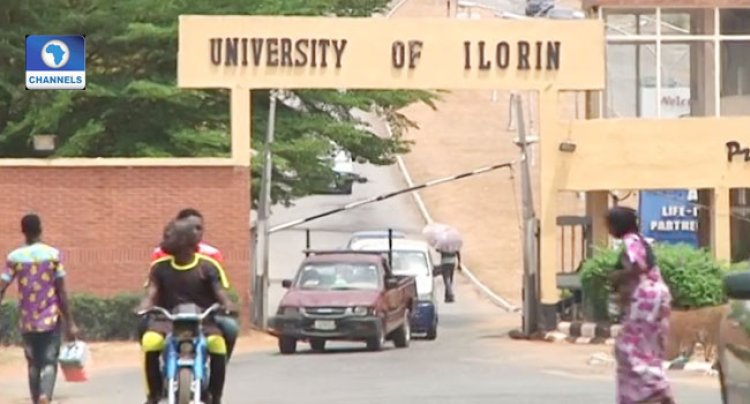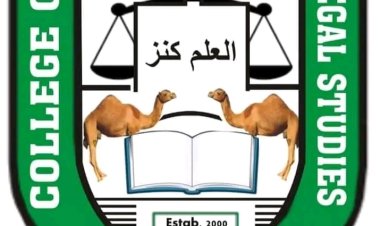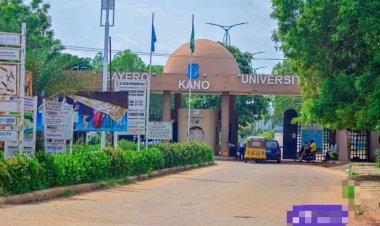UNILORIN Research Group gets N1.7b grant to develop antibiotic alternative
UNILORIN Research Group gets N1.7b grant to develop antibiotic alternative

A University of Ilorin research group, Innovative Veterinary Solutions For AntiMicrobial Resistance (INNOVET-AMR) 2 Research Group, has won a grant worth 1.6 million Canadian Dollars (about N1. 712,000,000) to develop innovative solutions for antimicrobial resistance (AMR) in food-producing animals.
The grant was awarded by the International Development Research Centre (IDRC) of Canada.
Read Also:UNIMAID Second Semester Provisional CA Timetable, 2022/2023 session
This was disclosed by the leader of the Research Team, Dr. Ismail Ayoade Odetokun, during a visit to the Vice Chancellor, Prof. Wahab Egbewole, SAN, in his office penultimate Wednesday (May 29, 2024).
Other team members include the Director of UNILORIN Veterinary Teaching Hospital, Prof. Ibrahim Adisa Raufu; Prof. Wasiu Jimoh, Dr Ismail Adeyemo, Dr Basiru Afisu, Dr Aremu Abdulfatai, and Dr Olayiwola Akeem Ahmed, all from the Faculty of Veterinary Medicine.
Read Also:UNIMAID Releases Important Announcement for Bio 203 Students
Collaborating with researchers from Spain’s Institute of Agrifood Research and Technology (IRTA) and the Royal Holloway University of London, UK, the UNILORIN group will focus on developing a bacteriocin-rich extract (BRE) as a potential antibiotic alternative.
Their project, titled “Bacteriocin-rich Extract from Engineered Lactic Acid Bacteria as an Antibiotic Alternative for Therapeutic and Prophylactic Use in Ruminants and Aquaculture (BAC4RumA),” aims to explore the effectiveness and economic benefits of BRE as a treatment and preventive measure against bacterial infections in livestock and aquaculture.
Read Also:PANS Cultural Day: A Celebration of Diversity and Unity at UNIMAID
Dr. Odetokun pointed out that the project not only seeks to develop a patentable product but also plans to recruit four postgraduate students and participate in capacity-building initiatives throughout the 32-month project duration.

 Amanna
Amanna 



